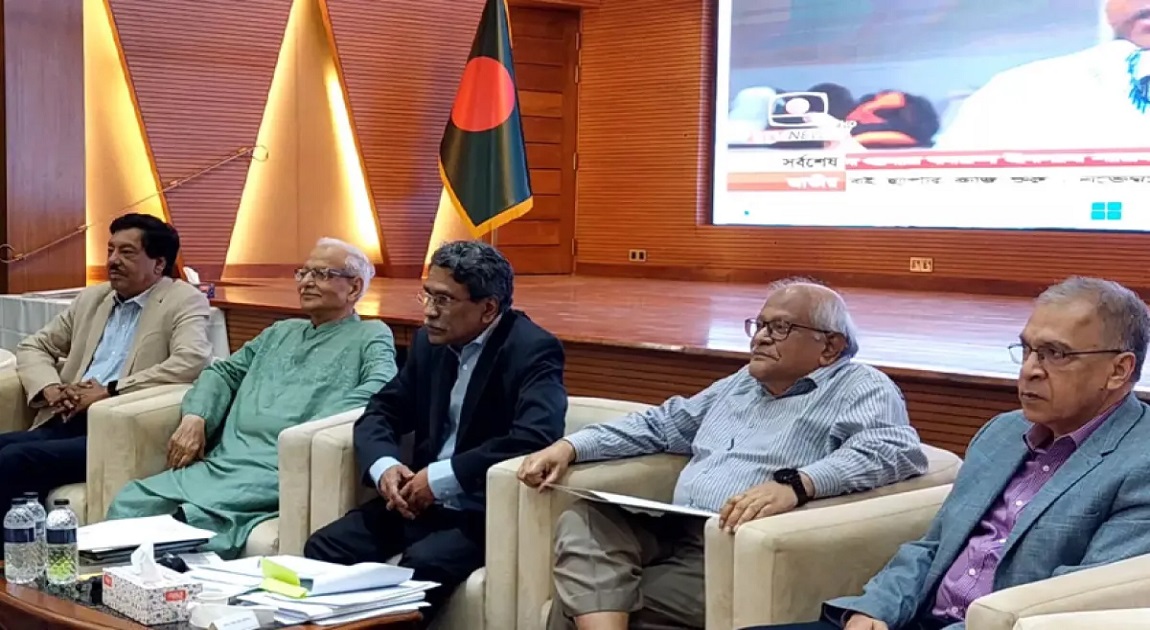The National Consensus Commission has said it will submit multiple proposals to the government on implementing the July Charter if political parties fail to reach an agreement on a single approach.
On Sunday (October 5), during the fourth day of dialogue with political parties at the Foreign Service Academy auditorium, the commission’s Vice-Chairman, Professor Ali Riaz, made the remarks.
He stated, “Political parties had presented six proposals regarding the implementation process. We suggested that through discussion, these six proposals could be consolidated. If all 30 participating political parties agree on a single proposal, we can happily present it to the interim government as a unified roadmap for implementation.”
Ali Riaz added that issues raised during the September 16 discussions had been communicated to experts, who provided recommendations and clarified their previous positions.
He noted, “If parties manage to reach a consensus, implementation will become easier and faster. Considering this, the commission held a meeting this morning with the Chief Advisor and the commission head, who are closely monitoring the process.”
Highlighting the urgency, he said the Chief Advisor has instructed the commission to expedite the process, particularly to ensure that the charter becomes acceptable to all and can be transformed into a political document signed by all parties.
“Our purpose today is to receive more precise and concise proposals from parties regarding implementation. We will consolidate these and present different implementation options to the interim government. The goal is to complete this process before October 15,” Ali Riaz said.
He also acknowledged the ongoing organizational and electoral preparations of political parties, emphasizing that the process should proceed without disrupting these activities. “Since the interim government’s tenure ends on October 15, we aim to conclude the process before that,” he added.
Ali Riaz urged parties to move beyond partisan considerations and submit a collective proposal for discussion. He noted that if consensus is reached among all 30 parties, further consultations with experts may not be necessary; otherwise, expert input will be sought again.
Stressing the larger responsibility of political actors, he said, “The people of Bangladesh entrusted us with this duty, and many have sacrificed their lives for it. Political activists have endured imprisonment, oppression, and persecution. Citizens have given their lives. Our responsibility is not merely to secure signatures on a charter but to ensure structural reforms for a rights-based, accountable state.”
He added, “The rights of citizens surpass party interests. We must honor the sacrifices and expectations of those who have contributed, and together, work toward fulfilling them.”
The dialogue was chaired by Monir Haider, Special Assistant to the Chief Advisor for the National Consensus Commission, and attended by commission members Justice Emdadul Haque, Dr. Badiul Alam Majumdar, Dr. Iftekharuzzaman, and Dr. Ayub Mia.

















-20260221022942.jpg)
-20260221022827.webp)















